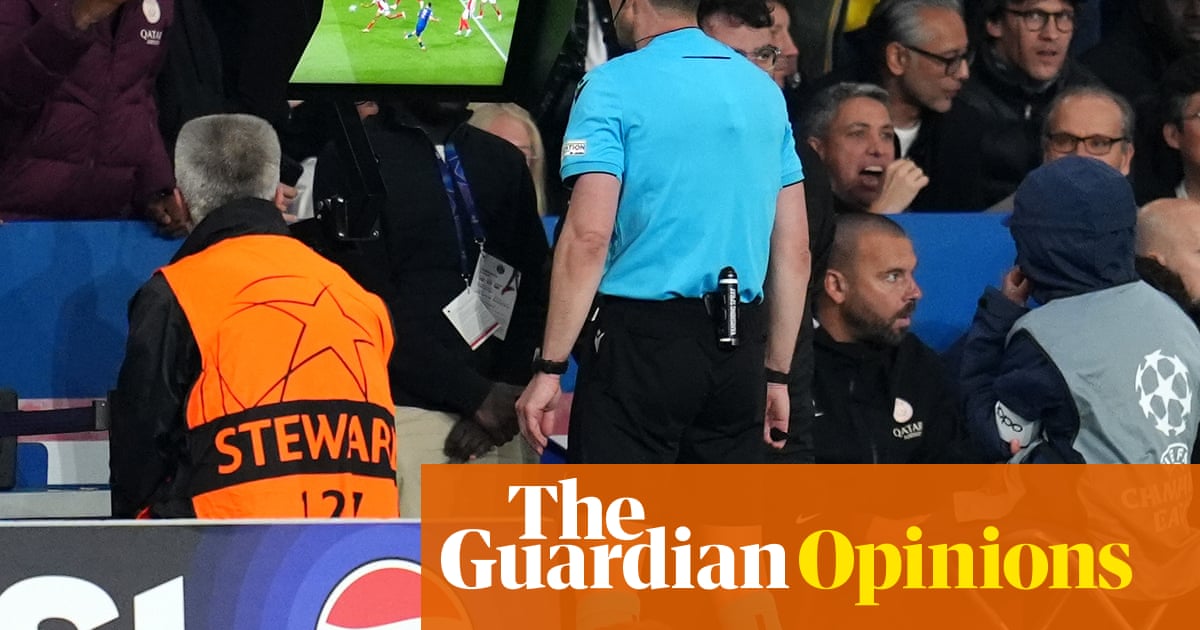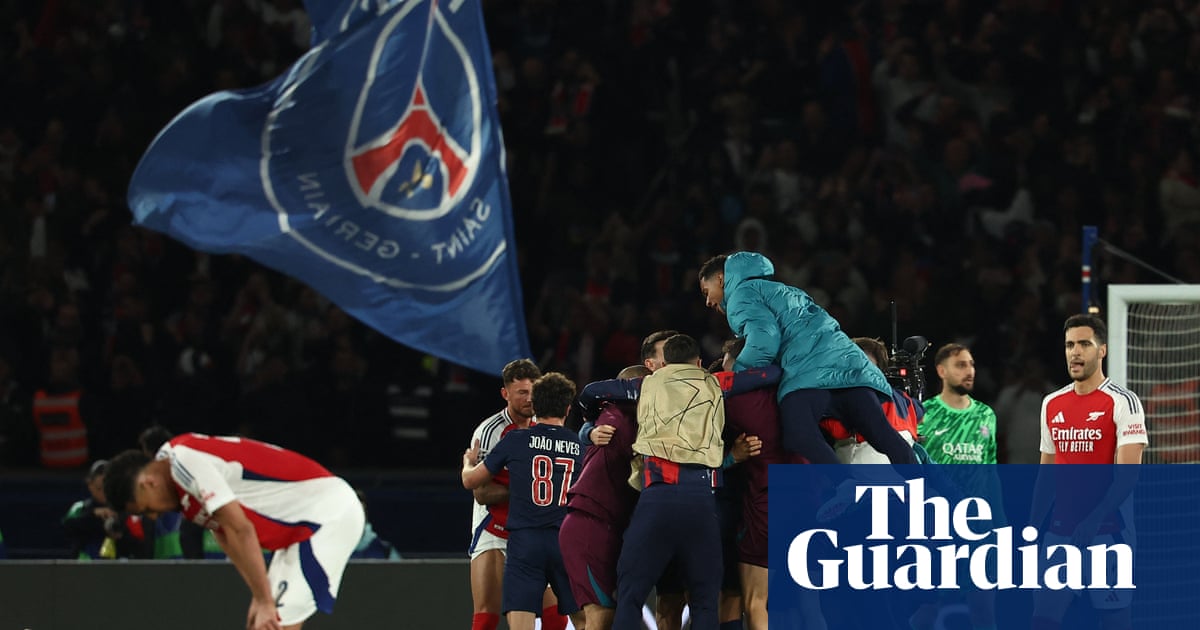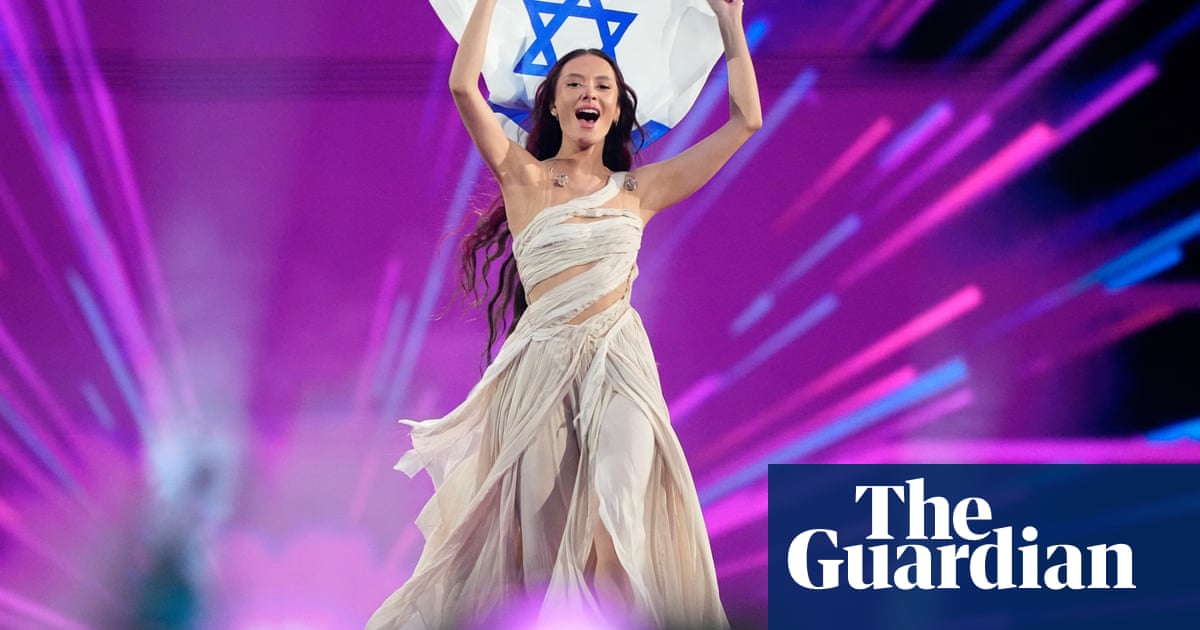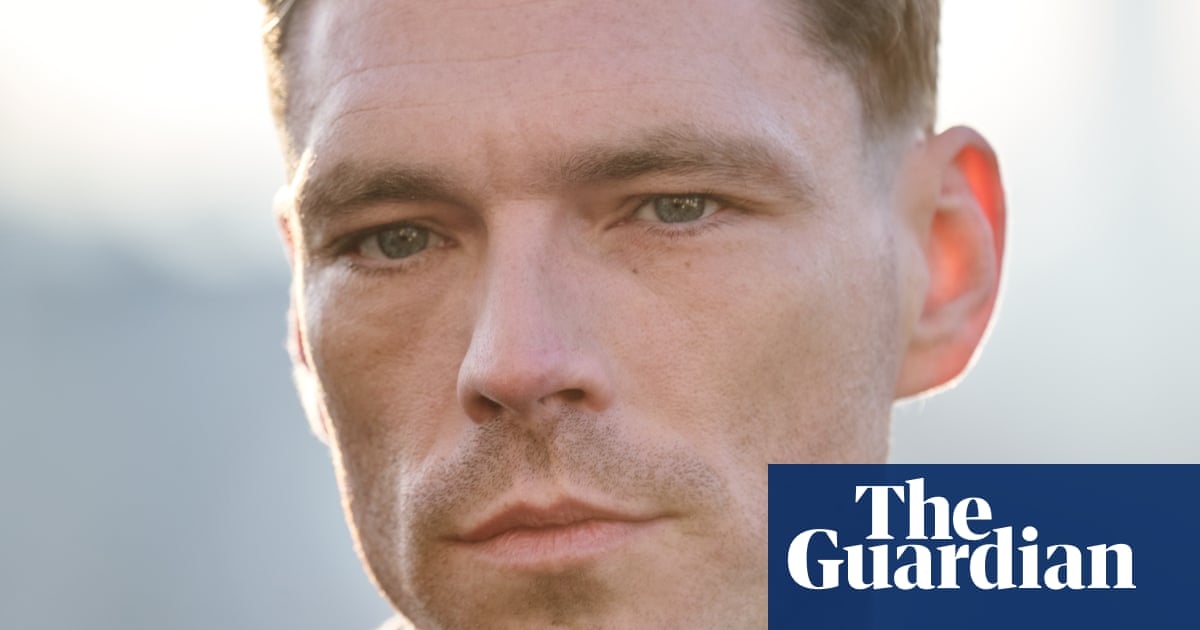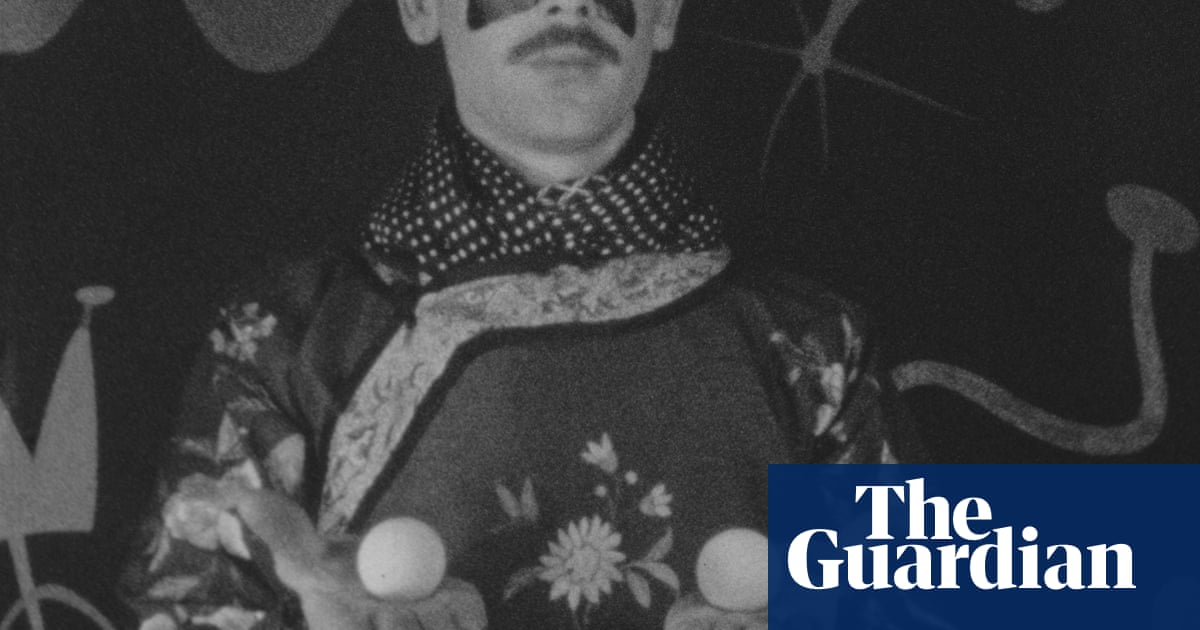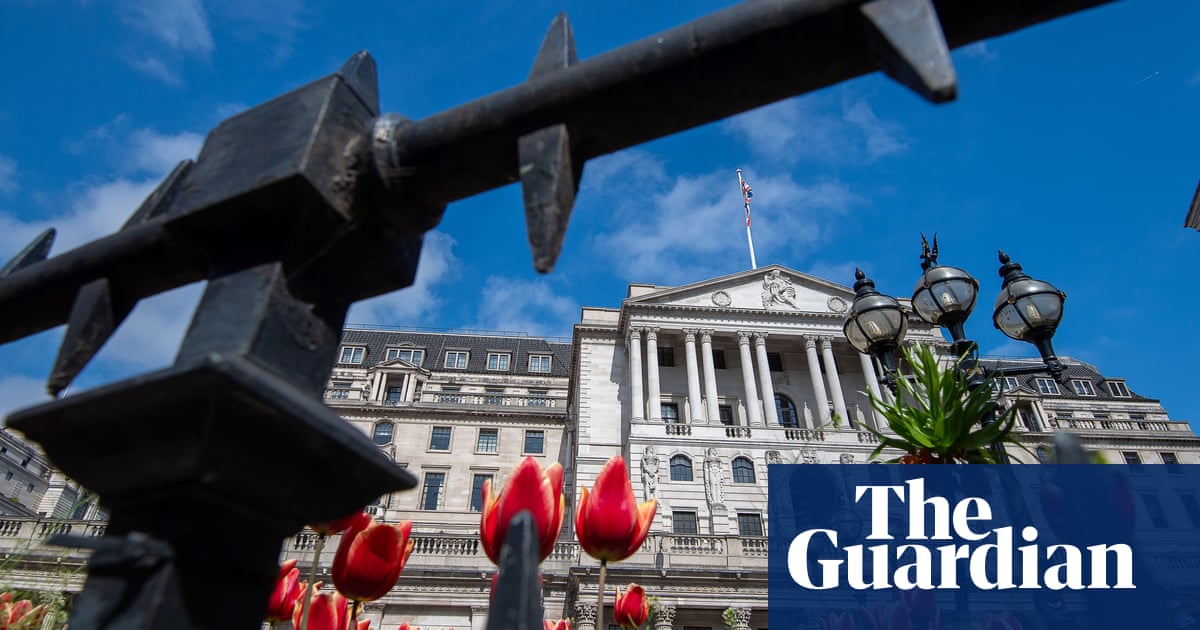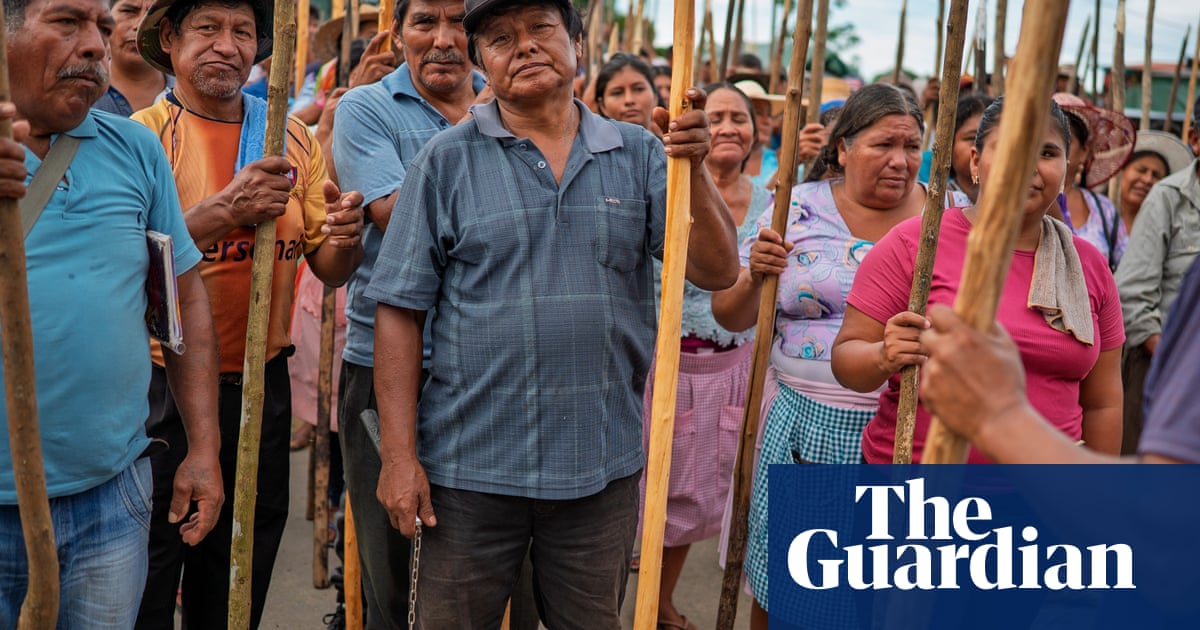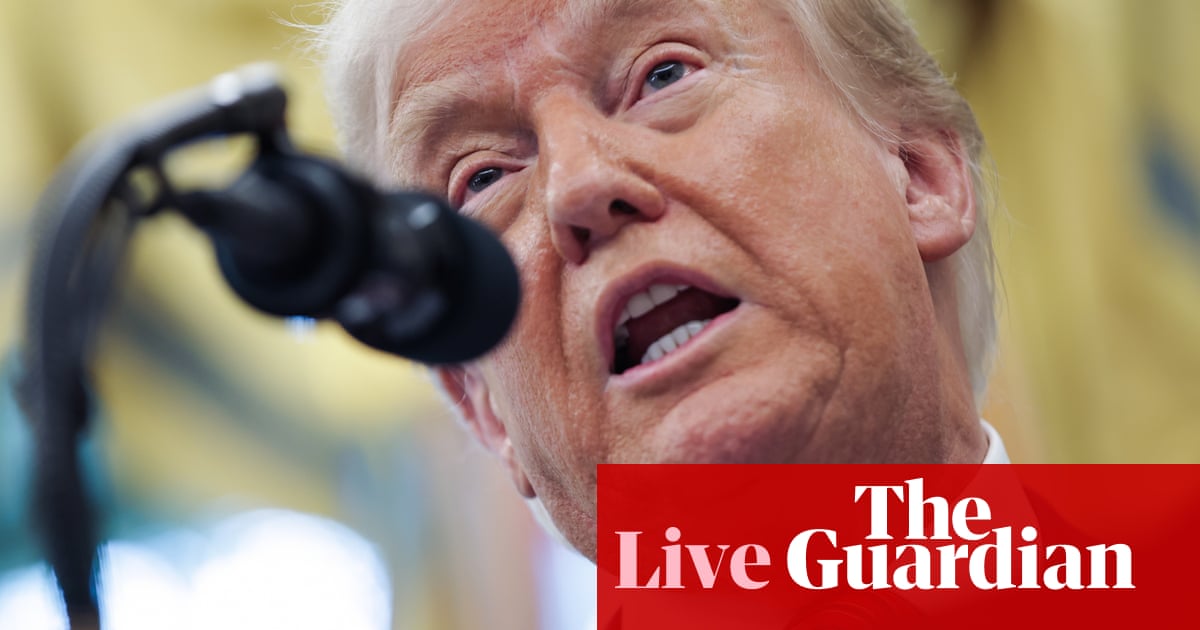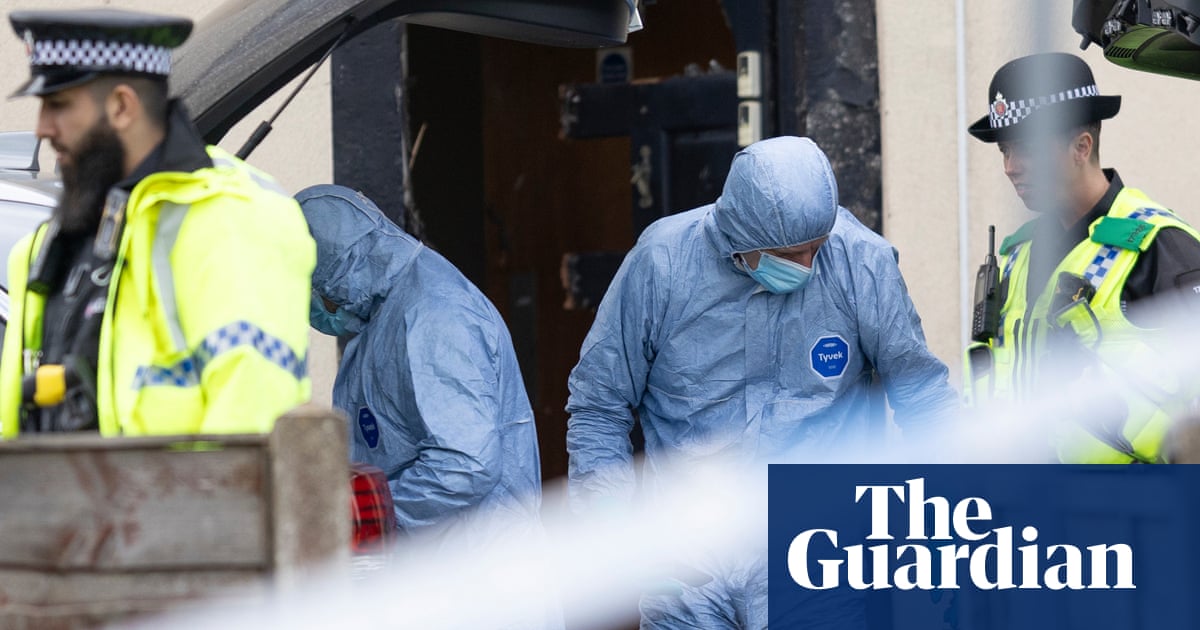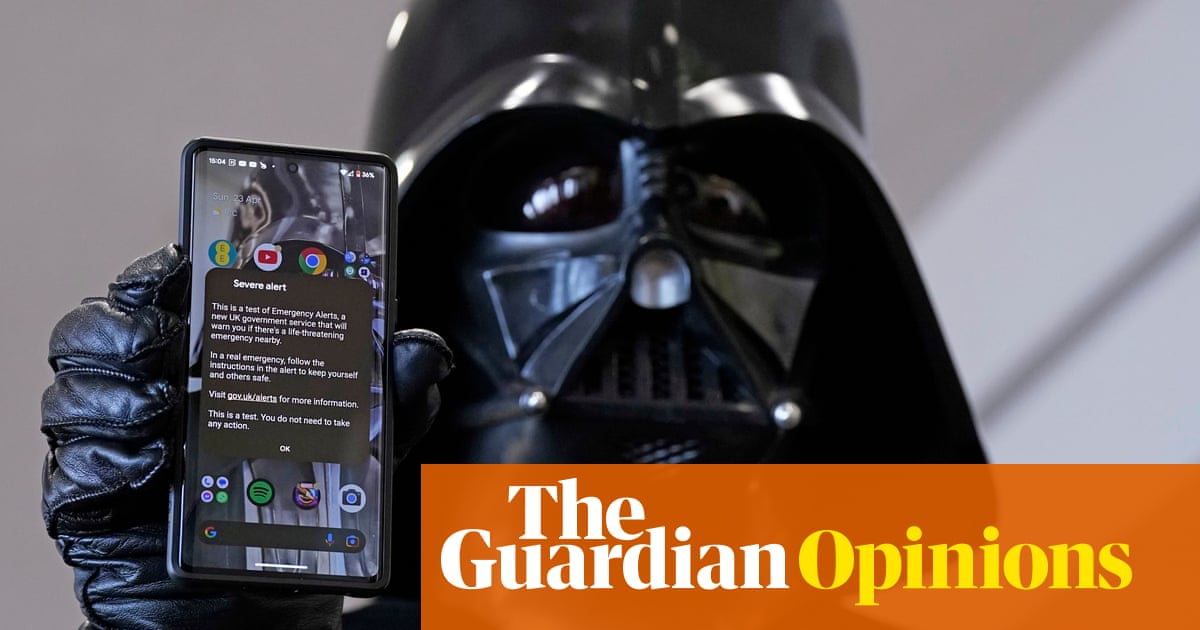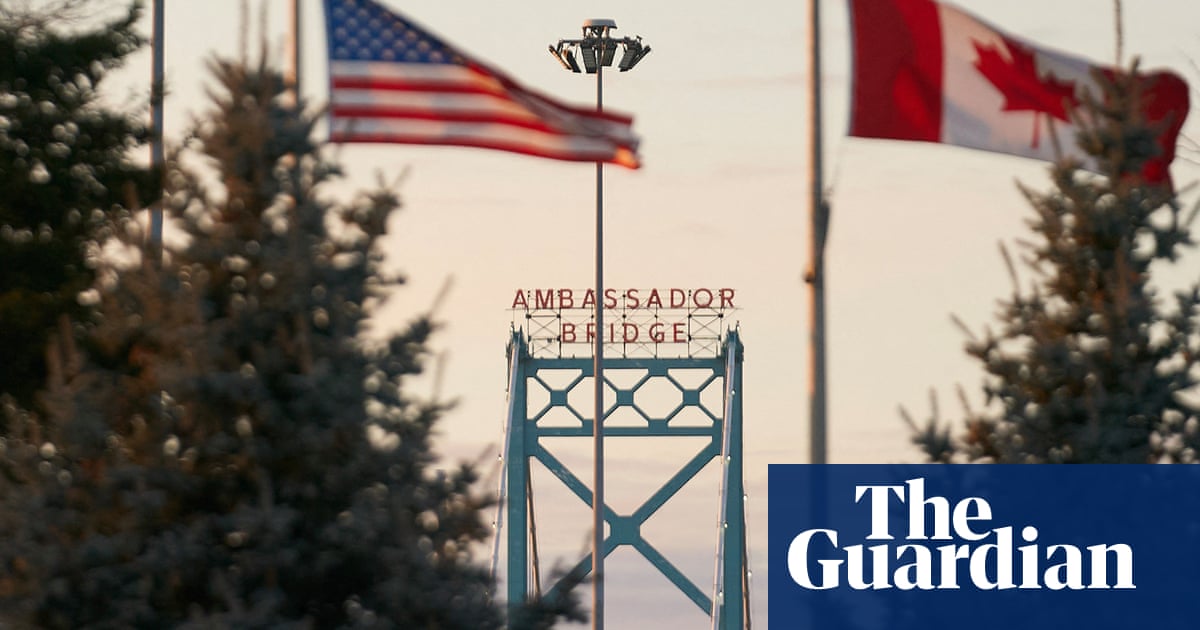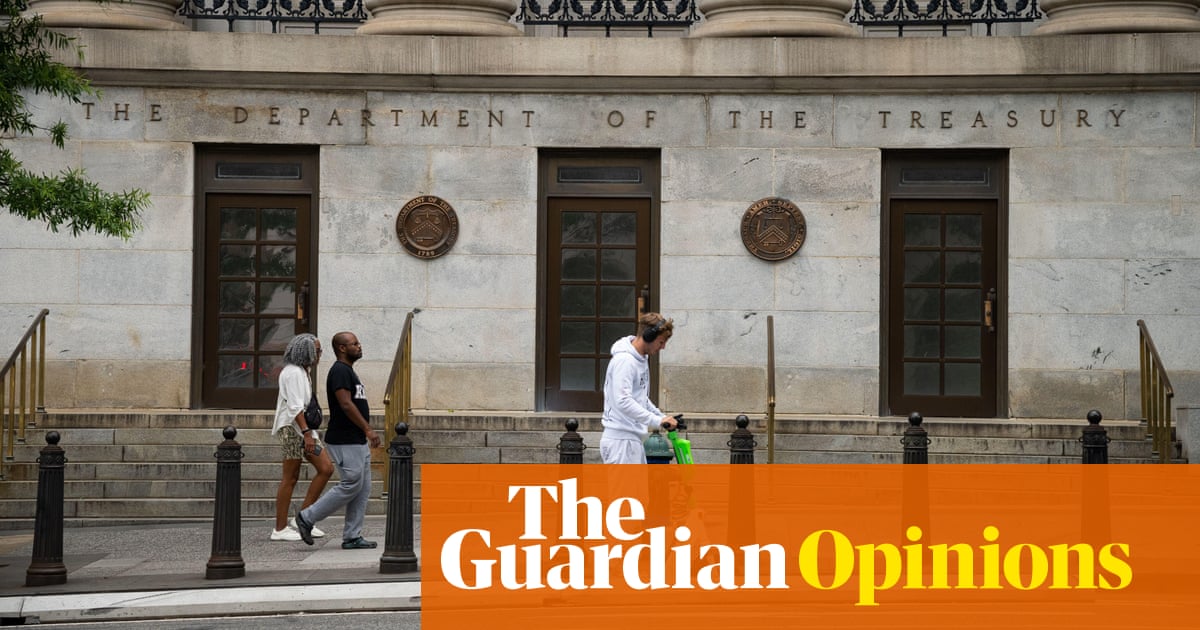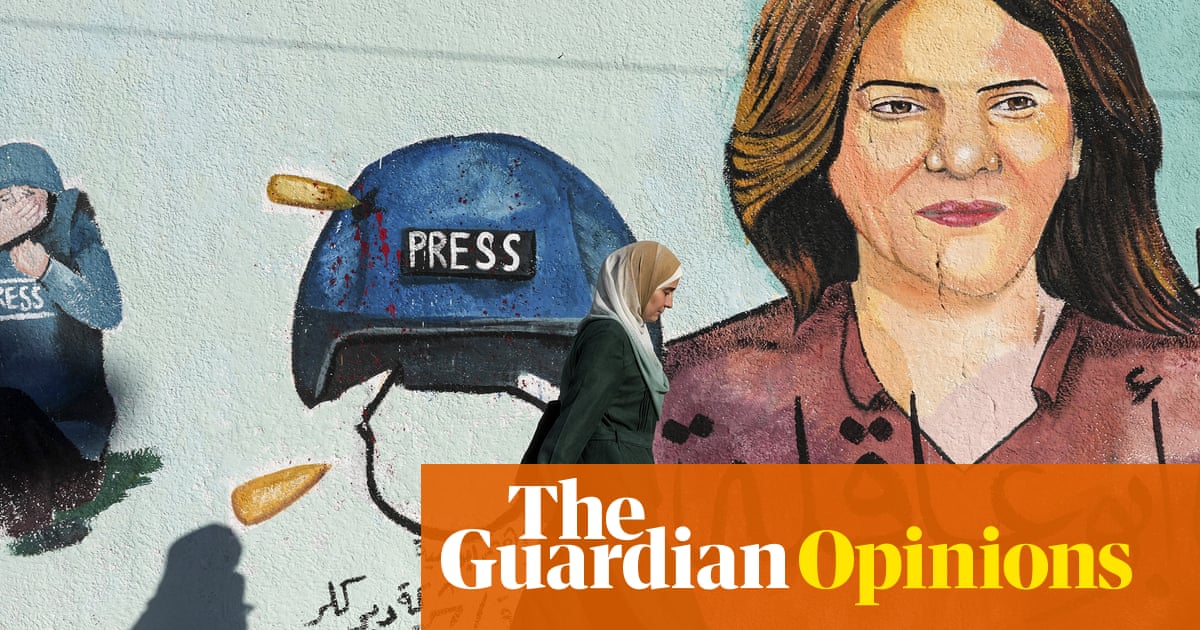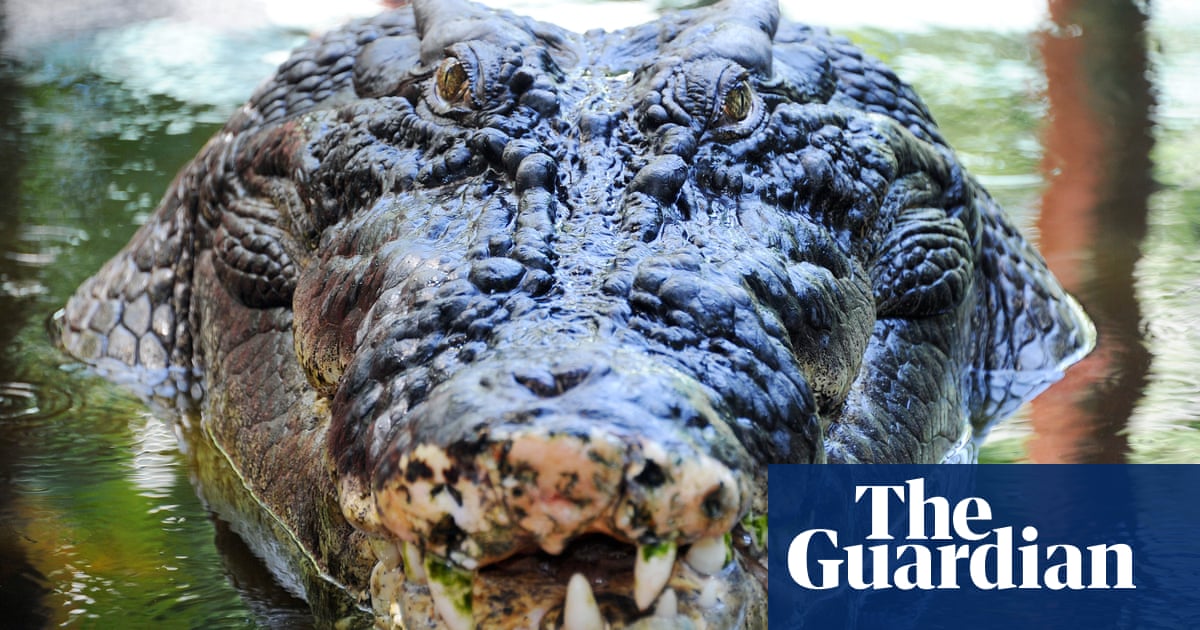Solemn ceremonies will be held at war memorials in towns and villages across France on Thursday as the country honours its dead and marks the 80th anniversary of Victory in Europe (VE) Day, a public holiday this year, as it is every year.
In Paris, the president, Emmanuel Macron, will lay a wreath at the foot of Charles de Gaulle’s statue, walk up the Champs-Élysées to the Arc de Triomphe, rekindle the eternal flame at the tomb of the Unknown Warrior, and inspect the troops.
There will be a minute’s silence, a rendition of the Marseillaise, a speech from Macron on “the values that triumphed in 1945”, military bands from six countries, a parade of French armed forces personnel, flags, wartime vehicles, re-enactors and a flypast.
But France is one of surprisingly few European countries to mark VE Day with such ceremony. Some commemorate it more modestly, without a public holiday; others call it something else entirely, or mark it on an altogether different day.
This year, as Donald Trump stretches postwar transatlantic bonds to breaking point and the continent’s deadliest conflict since 1945 rages on in Ukraine, their differences are a stronger reminder than ever that peace in Europe is recent – and precarious.
“The 80th anniversary of the victory of 8 May 1945 implies, more than ever, a double responsibility,” the French defence ministry said in a statement this week: “To the last surviving witnesses of the war, and to the younger generation.”
In 2025, it is more essential than ever before that VE Day commemorations “honour the sacrifices of those who fought and suffered – but also transmit their testimonies and their memories to the young people of today”, the ministry said.

That ambition is shared by Berlin, which for the first time will make the day a public holiday, as Germany – like the rest of the continent – grapples with the changes eroding the postwar order that made it wealthy, stable and unwaveringly democratic.
Across the capital, which has preserved a landscape of memory of the war and the Holocaust, a series of commemorations, exhibitions, witness accounts, theatre performances, public discussions, film screenings, concerts and guided tours are planned.
Each of the former Nazi concentration camps on German soil, now preserved as memorials, has marked the date of their liberation by allied troops this spring with solemn ceremonies bringing together the dwindling ranks of survivors.
Germany’s newly elected chancellor, Friedrich Merz, will attend a remembrance ceremony in a war-damaged Berlin church, a wreath-laying ceremony and the central anniversary event, a parliamentary commemoration in the Reichstag.
Europe has been rocked this year by several uncomfortable new realities. Trump’s US no longer appears to share with it the values that have underpinned the transatlantic alliance since 1945. Europe can plainly no longer rely on the US to defend it.
The US peace plan for Ukraine, insofar as it exists, involves talking directly, and often deferentially, to the aggressor, Vladimir Putin’s Russia, and seemingly adopting many of Moscow’s talking points. “The west, as we knew it, no longer exists,” was how Ursula von der Leyen, the head of the European Commission, put it.
Acknowledging just how fundamentally the continent’s security environment has altered, Europe is radically increasing defence spending. Macron has set France a target of 3.5% of GDP this year, an increase of €30bn (£26bn) a year. Merz has gone further.

“Given the threats to freedom and peace on our continent, we must also say about our defence: whatever it takes,” he said. The once-frugal conservative secured a big boost to defence and infrastructure spending before he was even leader.
Others are following: Belgium, Denmark, Finland, Poland, the Czech Republic, the Baltic states and even Moscow-friendly Hungary and Slovakia are among 16 EU states to trigger a budget exemption for significantly higher defence spending.
after newsletter promotion
Understandably, the closer countries are to Russia, the more alarmed they are and the more pressing they consider the problem. Similar differences were apparent after the war, and are reflected in each country’s approach to marking its end.
For western Europe, including the UK, VE Day largely heralded the return of liberty and the triumph of democracy, and marked the end of Nazi aggression and occupation, the slaughter of a generation of young men, and the horrors of the Holocaust.
Even so, few commemorate it in the same way or even on the same day. Belgium combines its ceremonies with Armistice Day on 11 November, which marks the end of the first world war. The Netherlands and Denmark celebrate Liberation Day, on 5 May, a public holiday in the former but not the latter.
Italy, one of Germany’s wartime allies, also marks Liberation Day – victory over Mussolini’s puppet government – but on 25 April. In central and eastern Europe, where Nazi occupation swiftly gave way to communist regimes, things are different again.
Russia itself commemorates VE Day with a huge military parade on 9 May, for the simple reason that when the ceasefire that ended the war formally came into force at 11.01pm in Berlin on 8 May 1945, it was already the following day in Moscow.
This year, underlining Europe’s ever-present political faultlines, the Kremlin has said Slovakia’s Moscow-friendly prime minister, Robert Fico, and Aleksandar Vučić, Serbia’s ultranationalist president, will attend, despite strong EU criticism.
Several former east bloc states, from Belarus to Bosnia and Herzegovina, also still mark Victory Day on 9 May. Others, however, eager forget the Soviet period and to align themselves with the west since regaining their independence, have switched to the eighth, including Poland, the Czech republic, Estonia, Latvia and Lithuania.
Whatever VE Day means to Europeans, the profound changes facing the continent on its 80th anniversary lend it a particular weight. The German historian Oliver Hilmes was less dramatic than von der Leyen, but made the same point.
“Who will protect Europe?” he asked. “You can certainly say: the anniversary of 8 May 1945 is catching up with us with a vengeance.”

.png) 8 hours ago
8
8 hours ago
8

